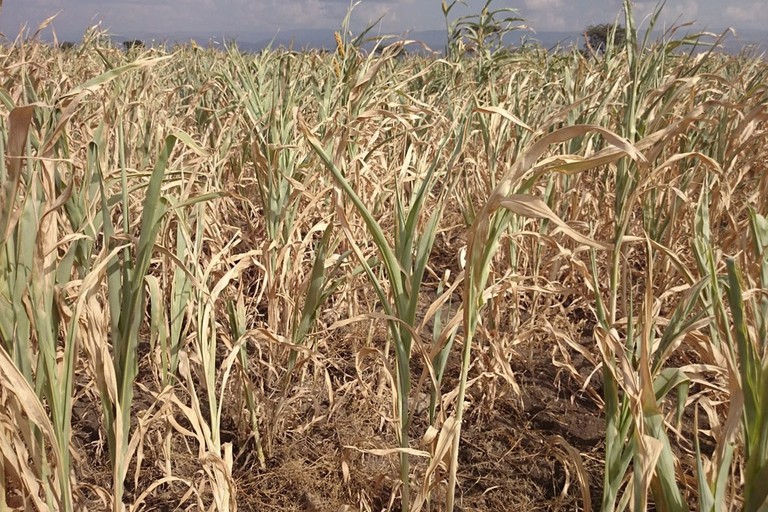CHISHIMBA BWALYA
Lusaka
AFRICA needs more support in the area of climate change, according to researcher Kachinga Silwimba, who has also called on governments on the continent to adjust funding in the sector to find solutions for some of the challenges.
A report by World Economic Forum in Febraury this year revealed that Africa requires an estimated US$52.7 billion annually for climate action.
But this funding, which comes as part of climate adaptation from the international community, has often not been met.
Mr Silwimba believes the drought which affected the southern region of the continent thereby inducing a power crisis in Zambia and Zimbabwe could have been foreseen with more investment in research.
He argues that there is a need to pay attention to the science and invest in the future for countries like Zambia to avoid over-dependence on hydro-powered energy.
“We really need to pay attention to what the future entails and what science is telling us,” he said on Tuesday from his base in Boise, Idaho, United States.
“We need to prepare for the future, not only for rainfall but also hydro power because everything else is connected.
If we don’t have rainfall it means no power and the crop production will be so low.”
It is not the first time Mr Silwimba, who is currently pursuing a doctorate in data science, has made similar arguments in relation to climate change.
In June of 2021, in fulfillment of his masters in mathematical science, the scholar argued that changes in southern Africa’s climatic conditions would have adverse effects if they were not attended to.
“Changes in the mean climate, and also climatic variability and extreme weather events, are expected as greenhouse gas concentrations in the atmosphere rise as stated by Seneviratne et al. (2012),” he wrote.
“If such patterns are not accurately and correctly recognised and forecasted in terms of how they will grow in future trends, catastrophic results, including massive loss of human life and property, will become the new normal.”
Despite that, due to a lack of information, money, technology, and capital assets, southern African countries are particularly vulnerable to severe (weather or climatic) calamities such as droughts, floods, tropical cyclones, and heatwaves.”
He also argued that climate-induced challenges had cost southern Africa at least US$10 billion between 1970 and 2012.
“Therefore, this calls for the involvement of all key stakeholders from the scientific community and policy-makers in the creation of appropriate measures and solutions to prevent any potential negative impacts from climate change.”


